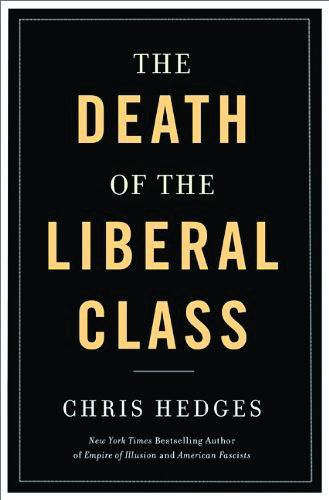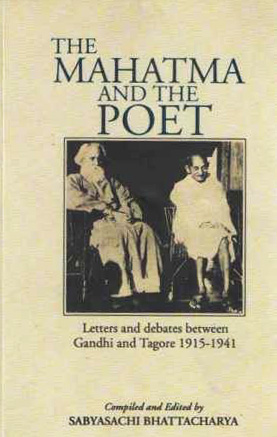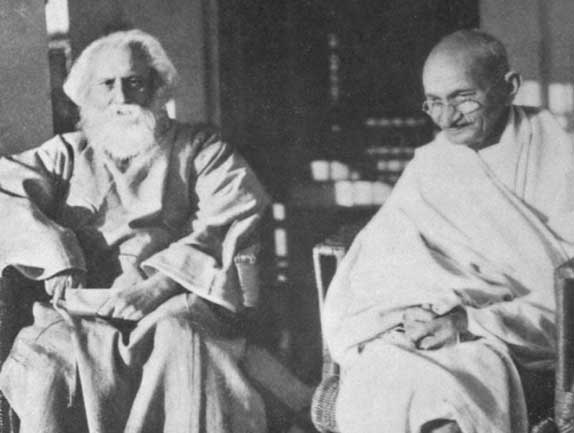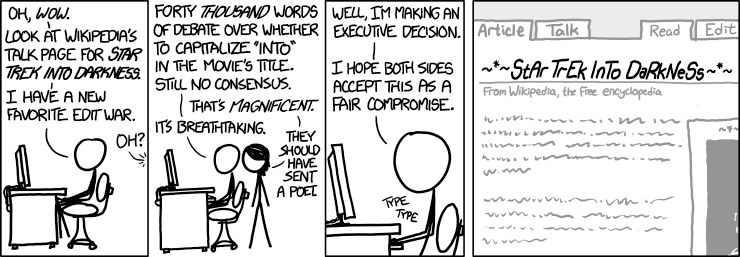“Genius means that someone can be gifted with one type of cognition while being average or below average in another.”
 For much of modern history, dogs have inspired a wealth of art and literature, profound philosophical meditations, scientific curiosity, deeply personal letters, photographic admiration, and even some cutting-edge data visualization. But what is it that makes dogs so special in and of themselves, and so dear to us?
For much of modern history, dogs have inspired a wealth of art and literature, profound philosophical meditations, scientific curiosity, deeply personal letters, photographic admiration, and even some cutting-edge data visualization. But what is it that makes dogs so special in and of themselves, and so dear to us?Despite the mind-numbing title, The Genius of Dogs: How Dogs Are Smarter than You Think (public library; UK) by Brian Hare, evolutionary anthropologist and founder of the Duke Canine Cognition Center, and Vanessa Woods offers a fascinating tour of radical research on canine cognition, from how the self-domestication of dogs gave them a new kind of social intelligence to what the minds of dogs reveal about our own. In fact, one of the most compelling parts of the book has less to do with dogs and more with genius itself.

In examining the definition of genius, Hare echoes British novelist Amelia E. Barr, who wisely noted in 1901 that “genius is nothing more nor less than doing well what anyone can do badly.” Hare points out that standardized tests provide a very narrow — and thus poor — definition of genius:
As you probably remember, tests such as IQ tests, GREs, and SATs focus on basic skills like reading, writing, and analytical abilities. The tests are favored because on average, they predict scholastic success. But they do not measure the full capabilities of each person. They do not explain Ted Turner, Ralph Lauren, Bill Gates, and Mark Zuckerberg, who all dropped out of college and became billionaires.Instead, Hare offers a conception of genius that borrows from Howard Gardner’s seminal 1983 theory of multiple intelligences:
A cognitive approach is about celebrating different kinds of intelligence. Genius means that someone can be gifted with one type of cognition while being average or below average in another.

For a perfect example, Hare points to reconstructionist Temple Grandin:
Temple Grandin, at Colorado State University, is autistic yet is also the author of several books, including Animals Make Us Human, and has done more for animal welfare than almost anyone. Although Grandin struggles to read people’s emotions and social cues, her extraordinary understanding of animals has allowed her to reduce the stress of millions of farm animals.
The cognitive revolution changed the way we think about intelligence. It began in the decade that all social revolutions seemed to have happened, the sixties. Rapid advances in computer technology allowed scientists to think differently about the brain and how it solves problems. Instead of the brain being either more or less full of intelligence, like a glass of wine, the brain is more like a computer, where different parts work together. USB ports,keyboards, and modems bring in new information from the environment; a processor helps digest and alter the information into a usable format, while a hard drive stores important information for later use. Neuroscientists realized that , like a computer, many parts of the brain a specialized for solving different types of problems.

An example of this comes from the study of memory, which we already know is fascinating in its fallibility:
One of the best-studied cognitive abilities is memory. In fact, we usually think of geniuses as people who have an extraordinary memory for facts and figures, sine such people often score off the charts on IQ tests. But just as there are different types of intelligence, there are different types of memory. There is memory for events, faces, navigation, things that occurred recently or long ago — the list goes on. If you have a good memory in one of these areas, it does not necessarily mean your other types of memory are equally good.

Ultimately, the notion of multiple intelligences is what informs the research on dog cognition:
There are many definitions of intelligence competing for attention in popular culture. But the definition that has guided my research and that applies throughout the book is a very simple one. The genius of dogs — of all animals, for that matter, including humans — has two criteria:(This second criterion comes strikingly close to famous definitions of creativity.)
- A mental skill that is strong compared with others, either within your own species or in closely related species.
- The ability to spontaneously make inferences.

The Genius of Dogs goes on to explore the specific types of intelligence at which dogs excel, including their empathic acumen of taking another’s visual perspective and learning from another’s actions, their ability to interpret and act upon human communicative gestures, and the unique ways in which they go about asking for help. Pair it with John Homans’s indispensable What’s a Dog For?: The Surprising History, Science, Philosophy, and Politics of Man’s Best Friend.
Public domain photographs via Flickr Commons
Donating = Loving
Bringing you (ad-free) Brain Pickings takes hundreds of hours each month. If you find any joy and stimulation here, please consider becoming a Supporting Member with a recurring monthly donation of your choosing, between a cup of tea and a good dinner:


Bringing you (ad-free) Brain Pickings takes hundreds of hours each month. If you find any joy and stimulation here, please consider becoming a Supporting Member with a recurring monthly donation of your choosing, between a cup of tea and a good dinner:
You can also become a one-time patron with a single donation in any amount:
 Brain Pickings has a free weekly newsletter and people say it’s cool. It comes out on Sundays and offers the week’s best articles. Here’s what to expect. Like? Sign up.
Brain Pickings has a free weekly newsletter and people say it’s cool. It comes out on Sundays and offers the week’s best articles. Here’s what to expect. Like? Sign up. 













